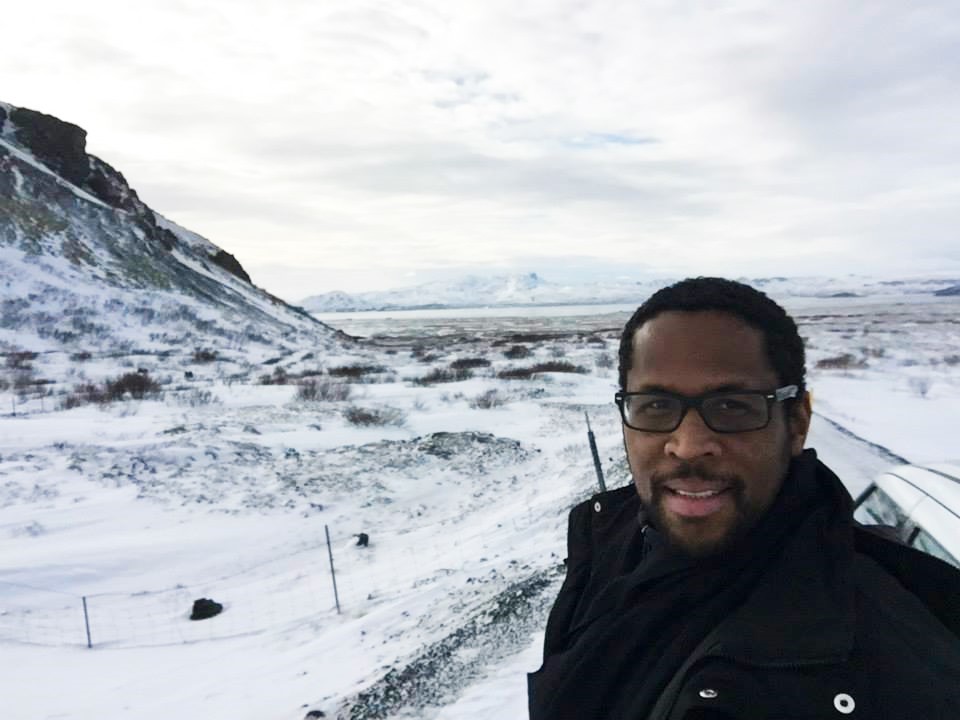Hypothermia, frost bite and dehydration can all be major concerns when travelling to a cold weather destination. Hypothermia, frost bite and dehydration can all be prevented pretty easily however if you just remember these few simple tips for staying healthy in cold weather environments;

Staying Healthy In Cold Weather Environments (Dr. I in Iceland)
1 – Always dress in multiple loose layers of clothing. Loose layers are better than tight layers of clothing because the air between the loose layers of clothing provides for multiple layers of insulation. Also, thigh clothing can compromise blood flow which can actually make you not only feel cold but can also make you more prone to cold related injuries like frost bite.
2 – Always wear a hat and take care to insure that the hat is covering the ears. While it is an old wives tale that you loss more heat from your head than from any other part of your body the fact is that the head does still account for 10% of your total body surface area. So when your head is uncovered you can still loss a great deal of your body heat from your head.
3 – Always wear gloves and cold weather foot wear (preferably boots). Our fingers and toes are very susceptible to cold related injuries like frostbite and many times when an injury like frostbite has occurred it is not obvious to the sufferer that they’ve injured until the injury is fairly significant.
4 – Always wear water proof clothing to protect your body from direct exposure to water. Exposure to water accelerates body cooling in cold temperatures and can lead to hypothermia very quickly.
5 – Always cover your nose and mouth with a scarf or a winter face protector. Cold air is also dry air and dry air can steal moisture from the lining of your nose, mouth and stomach. This can not only accelerate the loss of body heat leading to hypothermia but it can also quickly lead to dehydration.
6 – And speaking of dehydration, remember to aggressively hydrate when you are in cold environments. Cold air robs our bodies of water and this can quickly lead to dehydration. Dehydration in and of itself can be a real problem but in extreme cold dehydration can lower blood pressure thereby increasing the likelihood of subsequently developing hypothermia.
7 – Always make sure that you have plenty of food available. Your body keeps your warm by literally burning calories. The more calories you ingest the more calories your body can burn. Consider eating foods high in calories like raisins, nuts and chocolate.
8 – Always make sure that you have warm drinks available. Drinking warms drinks can help to quickly counteract the effects of early hypothermia.
9 – Avoid drinking alcohol in extremely cold environments. Alcohol alters the flow of blood to your skin making you more prone to hypothermia, frostbite and cold related injuries.

 June 14, 2017
June 14, 2017




 May 19, 2018
May 19, 2018 




